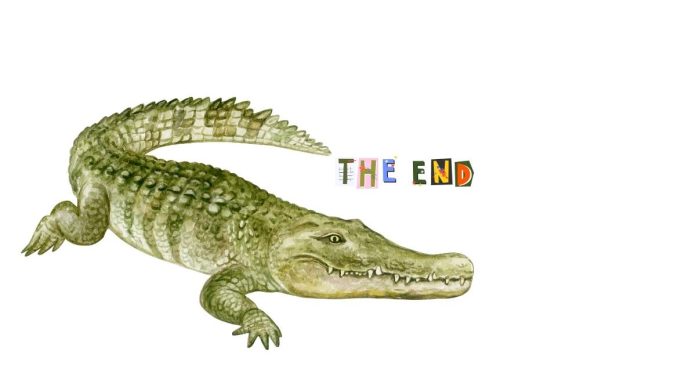Crocodiles don’t age biologically in the sense that they don’t show the typical signs of aging, like humans or other animals. This phenomenon is often referred to as “negligible senescence.” Their cells continue to regenerate, and they don’t experience the same decline in function as they grow older. However, they don’t live forever.
While they don’t show typical signs of aging, crocodiles do face mortality through other factors as they grow older:
- Predation and Injury: Older crocodiles can still be vulnerable to injury, infection, or attack by other animals, though they are at the top of the food chain.
- Health Issues: Crocodiles might suffer from diseases or complications related to their environment, such as pollution or habitat destruction, which can affect their lifespan.
- Size and Energy Requirements: As crocodiles grow larger, their energy needs increase. They might struggle to find enough food, especially in environments where prey is scarce.
- Natural Causes: Like all animals, crocodiles can die from natural causes, such as starvation, environmental factors, or simply reaching the end of their functional life due to unknown factors related to aging at a cellular or metabolic level.
So, while they don’t age in the traditional sense, their lifespan is still finite, influenced by external factors.


